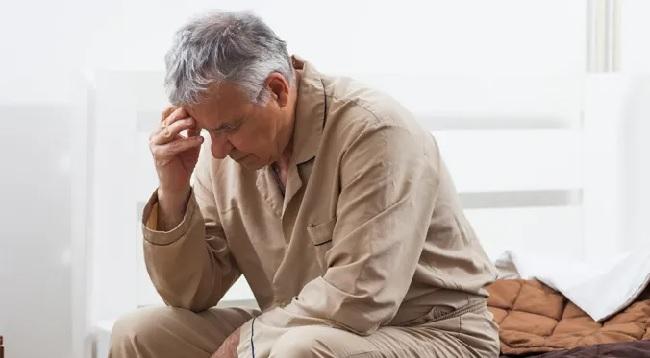Prostate cancer is a common health concern for men, affecting their physical and mental well-being. While much attention is given to the physical aspects of prostate cancer, its impact on mental health is often overlooked. After undergoing treatment for prostate cancer, men face various mental health challenges that can affect their overall quality of life.
The Emotional Toll of Prostate Cancer Treatment
Mental health degradation during prostate cancer is a significant issue that requires attention and understanding. The journey through prostate cancer treatment can be emotionally taxing, leading to feelings of anxiety, depression, and uncertainty about the future. These mental health challenges can persist long after treatment has ended, impacting men’s daily lives and relationships.
One of the primary mental health challenges faced by men after prostate cancer treatment is anxiety. The fear of cancer recurrence or progression can weigh heavily on their minds, causing persistent worry and distress. Men may constantly fret about the possibility of the cancer returning, leading to heightened stress levels and difficulty in coping with everyday tasks.
Additionally, the physical side effects of prostate cancer treatment can contribute to anxiety. Erectile dysfunction and urinary incontinence are common side effects of prostate cancer treatment, impacting men’s self-esteem and confidence. These changes in sexual function and urinary control can lead to feelings of inadequacy and embarrassment, further exacerbating anxiety and affecting mental well-being.
Depression is another mental health challenge that men may face after prostate cancer treatment. The emotional toll of battling cancer, coupled with the physical side effects of treatment, can leave men feeling sad, hopeless, and withdrawn. Depression can manifest in various ways, including loss of interest in previously enjoyed activities, changes in appetite or sleep patterns, and difficulty concentrating.
Moreover, the societal stigma surrounding cancer and masculinity can compound feelings of depression in men. There is often a societal expectation for men to be strong and resilient in the face of adversity, which can make it challenging for them to seek help for their mental health struggles. This reluctance to seek support can prolong feelings of depression and prevent men from receiving the care they need.
Addressing mental health challenges in men after prostate cancer treatment requires a holistic approach that encompasses emotional support, counseling, and access to mental health resources. Healthcare providers play a crucial role in identifying and addressing mental health concerns in men undergoing prostate cancer treatment. Screening for anxiety and depression should be integrated into routine cancer care to ensure that men receive timely support and intervention.
Conclusion
Prostate cancer’s effect on mental health is a significant concern that requires attention and support. Men undergoing treatment for prostate cancer face various mental health challenges, including anxiety, depression, uncertainty about the future, and relationship issues. Addressing these challenges requires a comprehensive approach that encompasses emotional support, counseling, and access to mental health resources. By acknowledging and addressing the mental health needs of men after prostate cancer treatment, we can improve their overall quality of life and well-being.

